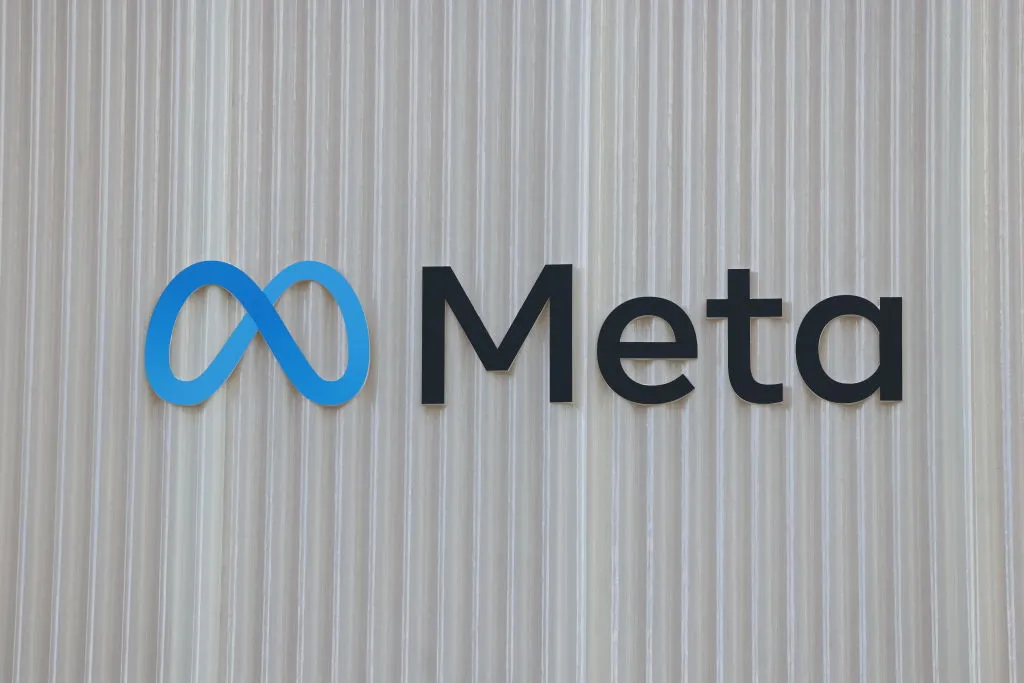California Jury Finds Meta Violated Privacy Laws Over Period-Tracking App Data
California Jury Finds Meta Violated Privacy Laws Over Period-Tracking App Data
By
Rachel Steinberg
Last updated:
August 8, 2025
First Published:
August 8, 2025

Photo: TechCrunch
Jury Rules Against Meta in High-Profile Privacy Case
A California jury has ruled that Meta violated the California Invasion of Privacy Act by collecting sensitive personal data from users of Flo, a popular period-tracking app. The verdict, issued Friday in the U.S. District Court for the Northern District of California, marks a significant legal setback for Meta in a broader class-action lawsuit addressing privacy violations tied to health data.
Background: The Flo Data Controversy
The case traces back to 2021, when Flo Health, the app developer, along with tech giants including Meta and Google-parent Alphabet, faced allegations of secretly sharing users' reproductive health data. Despite Flo’s assurances that users’ intimate health information and survey responses would remain confidential, court filings revealed that personal data was transmitted to third-party companies via software development kits (SDKs) embedded for advertising purposes.
Settlements and Trial Outcomes
Before the jury trial that commenced in July 2025, Google and one of the involved analytics firms settled their claims. Flo Health reached a settlement just a day before the trial wrapped up on August 1. Unlike its counterparts, Meta chose to contest the allegations in court and ultimately lost the case. The social media giant has announced plans to appeal the verdict.
Legal and Industry Reactions
Lead attorneys Michael Canty and Carol Villegas of Labaton Keller Sucharow, representing the plaintiffs, emphasized the broader implications of the ruling:
“This verdict sends a clear message about the protection of digital health data and the responsibilities of Big Tech,” they stated. “Companies like Meta that covertly profit from users’ most intimate information must be held accountable.”
Meta’s Response and Future Outlook
A Meta spokesperson firmly rejected the jury’s findings, stating, “The plaintiffs’ claims against Meta are simply false. User privacy is important to Meta, which is why we do not want health or other sensitive information and why our terms prohibit developers from sending any.”
This case underscores the mounting pressure on major technology companies to improve transparency and protect user data, especially as health-related digital services grow rapidly. Privacy advocates argue this ruling could set a precedent influencing how tech companies handle sensitive data going forward.
Popular articles
Subscribe to unlock premium content
How Egypt’s Economic Gamble on Mega Projects Backfired

Bill Hwang and the Archegos Meltdown How Leverage Broke the System

NFTs and Digital Art Was the Hype Worth the Crash

How Egypt’s Economic Gamble on Mega Projects Backfired

Bill Hwang and the Archegos Meltdown How Leverage Broke the System

How Egypt’s Economic Gamble on Mega Projects Backfired









